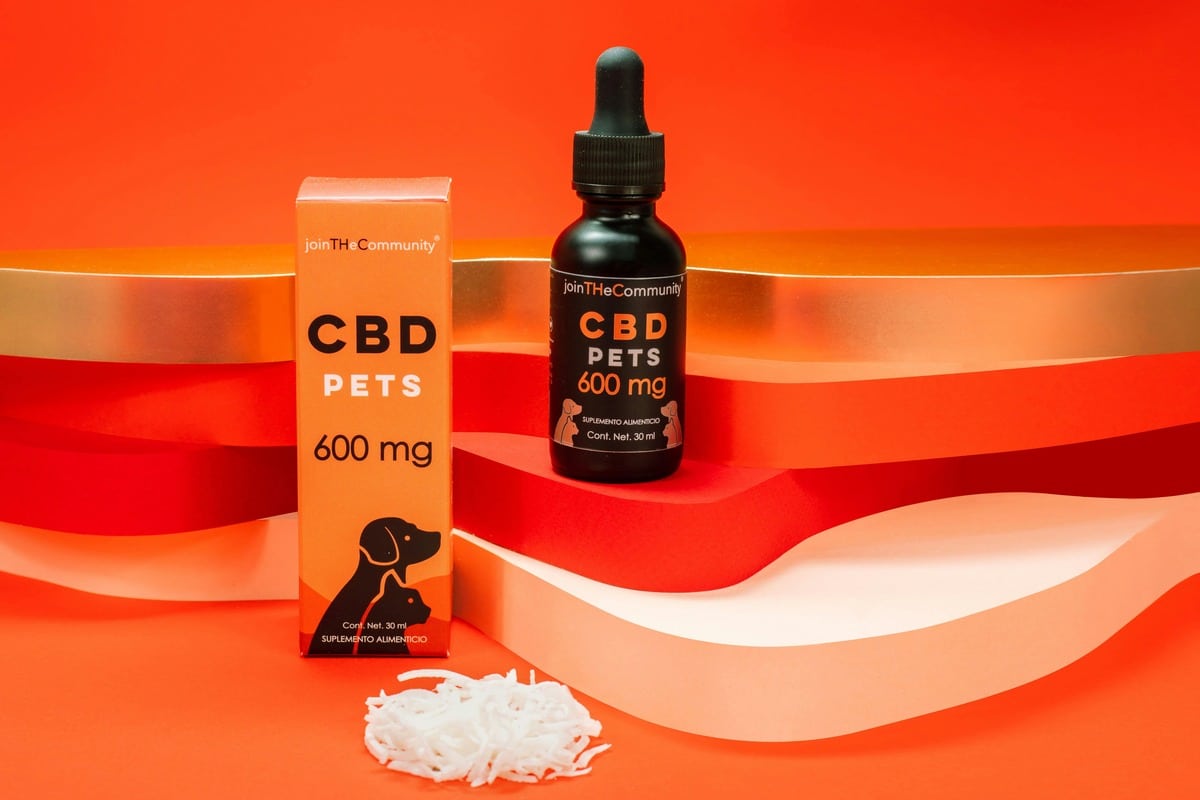
The Best Supplements for Your Pet’s Health
As pet parents, we wish the absolute best for our fur babies as they grow to live long, happy, and healthy lives. Pets, like humans, need a balanced diet that consists of essential nutrients for a better life. Even the best pet parents aren’t always able to provide specific vitamins and minerals. So, supplements can still play a vital part in their health routines.
In this pet supplements guide, we’ll cover the best vitamins and minerals to give your dog or cat. This way, you are supporting your pet’s health. You’ll know how to select the right dog or cat vitamin for your pet’s specific needs. So, if you are giving vitamins for dogs or cat health supplements, this guide will help you make informed decisions about which ones to choose. By the end of the post, you’ll know which of the best supplements are and how to introduce them into your pet’s diet.
Why Supplements Are Important for Pets
High-quality pet food has many essential nutrients. However, sometimes supplements are needed. Here are some key reasons why pet supplements play a crucial role:
- Nutritional Gaps: Even premium pet food may lack essential nutrients due to processing and storage.
- Age-Related Concerns: Senior pets often require extra joint, heart, and cognitive support.
- Health Conditions: Pets with allergies, tummy issues, or weak immune systems need extra vitamins and minerals.
- Active Lifestyles: High-energy pets and working breeds need more nutrients. This helps them maintain their stamina and stay healthy.
- Picky Eaters: Some pets may not consume enough nutrients through diet alone, leading to deficiencies.
- Poor Digestion: Some pets have sensitive stomachs. This can affect how well they absorb essential nutrients from their food.
- Joint Health & Mobility: Large breed dogs and older cats often face arthritis and hip dysplasia. They need extra support for their joints.
Essential Supplements for Dogs
1. Multivitamins for Overall Health
Why they’re important:
- Provide a balanced blend of essential vitamins and minerals.
- Support immune function, skin, coat, muscle function, and overall well-being.
- Promote a longer, healthier lifespan by supporting all body systems.
Key Nutrients in Dog Multivitamins:
- Vitamin A: Supports vision, immune health, and growth.
- Vitamin D: Crucial for calcium absorption and bone strength.
- Vitamin E: Helps with cell function and supports immune response.
- Vitamin C: Acts as an antioxidant and supports joint health.
2. Omega-3 Fatty Acids for Skin & Joint Health
Benefits:
- Promotes Skin & Coat Health: Omega-3 fatty acids, particularly EPA (Eicosapentaenoic Acid) and DHA (Docosahexaenoic Acid). This helps reduce inflammation, promote a shiny coat, and combat dry, itchy skin.
- Supports Joint Function: Omega-3 fatty acids have anti-inflammatory properties. It can alleviate arthritis and joint stiffness, especially in senior dogs.
- Boosts Cognitive Function: DHA plays a critical role in brain development for puppies. It also helps maintain cognitive function in older dogs.
Best Omega-3 Sources for Dogs:
- Fish oil (salmon oil, krill oil)
- Flaxseed oil
- Chia seeds
- Chia seed oil supplements
- Green-lipped mussels
2. Probiotics for Gut and Digestive Health
Why they’re essential:
- Promote a healthy gut microbiome, improving digestion and reducing bloating or gas.
- Help with nutrient absorption and prevent diarrhoea or constipation.
- Strengthen the immune system, preventing infections and digestive issues.
Common Probiotics for Dogs:
- Lactobacillus acidophilus: Aids digestion and prevents diarrhoea.
- Bifidobacterium animalis: Supports gut health and enhances the immune system.
- Enterococcus faecium: Assists with nutrient absorption and balances gut flora.
3. Joint Supplements for Mobility
Why They Matter:
- Large dogs and older pets often get hip dysplasia, arthritis, and stiff joints.
- Active and athletic dogs are prone to overuse injuries.
- Supports cartilage and reduces inflammation, keeping your dog moving pain-free.
Common Joint Health Ingredients:
- Glucosamine & Chondroitin: Essential for joint cartilage repair and pain relief.
- MSM (Methylsulfonylmethane): Reduces joint inflammation and discomfort.
- Turmeric & Omega-3: Natural anti-inflammatory agents that help manage joint pain and improve mobility.
Essential Supplements for Cats
1. Taurine for Heart and Eye Health
Why Taurine is Essential for Cats:
- Unlike dogs, cats cannot produce taurine on their own and must obtain it from their diet or supplements.
- Taurine is crucial for heart function and helps prevent heart disease such as dilated cardiomyopathy.
- It also supports eye health, preventing retinal degeneration and blindness.
2. Omega-3 & Omega-6 Fatty Acids for Coat & Skin Health
Benefits of Omega Fatty Acids:
- Essential for maintaining a shiny and soft coat, reducing hair loss and dandruff.
- Help with inflammatory conditions like arthritis and allergies.
- Support cognitive health, especially in ageing cats.
3. Probiotics for Gut Health
Why Cats Need Them:
- Improve digestion and reduce hairballs, which are common in felines.
- Help prevent digestive issues such as constipation and diarrhoea.
- Can be beneficial for cats on antibiotics or those with chronic digestive issues.
Best Probiotics for Cats:
- Lactobacillus casei
- Enterococcus faecium
How to Choose the Right Pet Supplement

1. Identify Your Pet’s Needs
Understanding your pet’s unique needs is the first step in choosing the right supplement. Consider:
- Diet and Age: Puppies, kittens, adults, and seniors have different nutritional requirements.
- Health Conditions: Pets with joint pain, allergies, kidney disease, or digestion issues may need targeted supplements.
- Activity Levels: Highly active dogs and cats may benefit from additional joint support and energy boosters.
2. Read the Labels Carefully
Key things to look for:
- Natural ingredients: Choose products free from artificial preservatives, colours, and fillers.
- Choose brands that the National Animal Supplement Council (NASC) has tested and certified.
- Vet-Approved Products: Not all supplements are made equal, so always consult with a vet before introducing new ones to your pet’s diet.
Common FAQs About Pet Supplements
- Can I give my pet human supplements? No, human supplements may contain harmful ingredients or inappropriate dosages. Always opt for pet-specific supplements that have been formulated for their unique dietary needs.
- How long does it take for pet supplements to show results? This varies depending on the supplement and the pet’s health condition. Some, like probiotics, can work in just a few days. But joint supplements may take weeks for you to see real improvement.
- What happens if I give my pet too many vitamins? Over-supplementation can be harmful. For example, excessive vitamin D can cause toxicity in pets. Always follow dosage guidelines and consult your vet before adding any new supplements to your pet’s routine.
Supplements for Your Pet’s Health
Supplements can be essential to enhancing your pet’s health and longevity. The right supplements can work wonders on your pet. Immunity and coat support from vitamins for dogs, and cat health boosters that benefit the heart and joints. A bit of lickable goodness to help wound healing. It’s important to choose high-quality supplements. Make sure you have the right dosage. Also, talk to your veterinarian for the best results.
Your furry friend relies on you to do what’s best for their health. Supplemented with the proper pet supplements, you are able to vastly enhance their quality of life. You will ensure they have that tail wagging for many years.
Have more questions about pet supplements? Leave a comment below, and we’ll be happy to help!